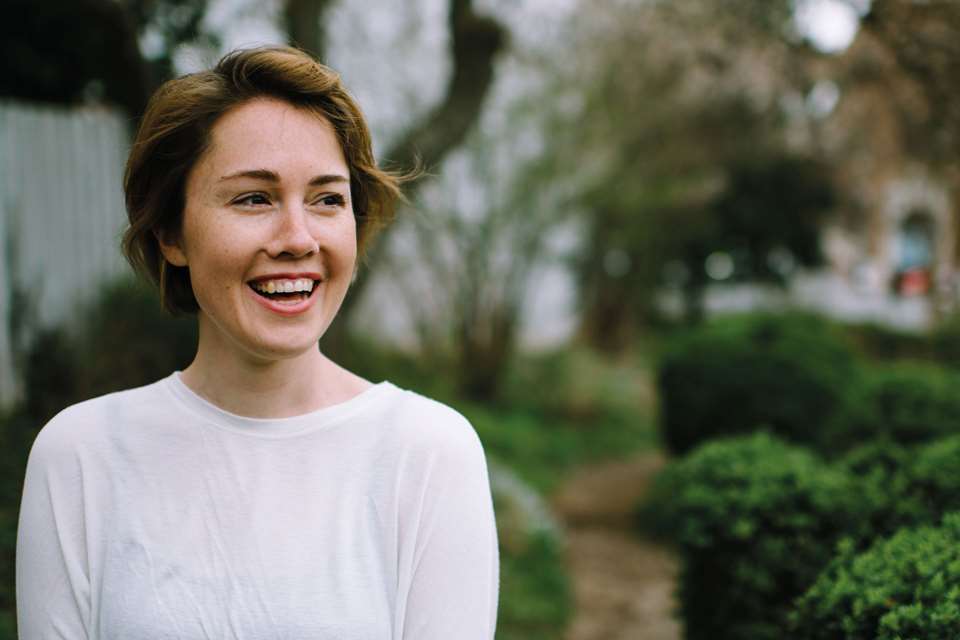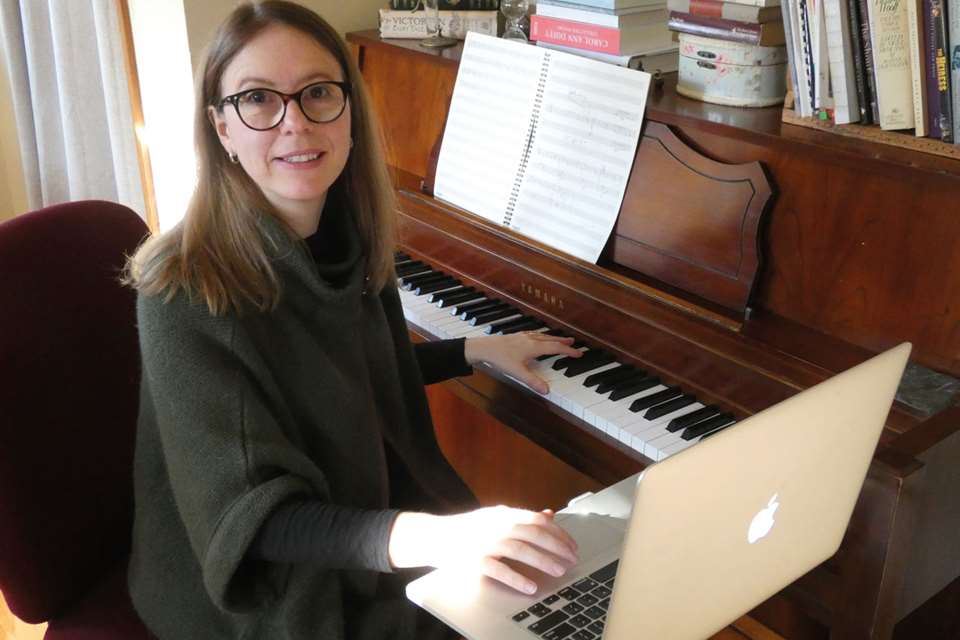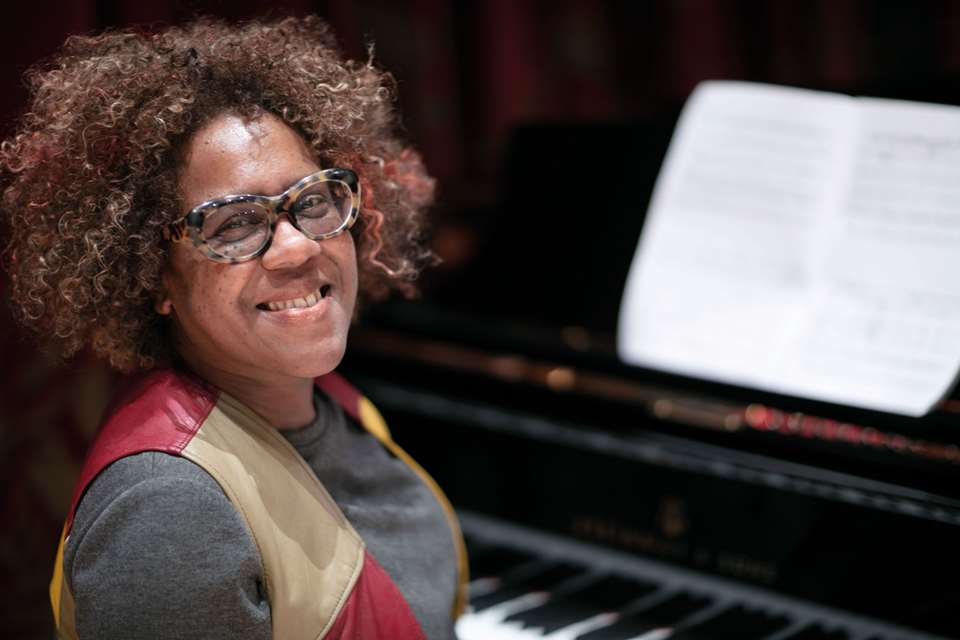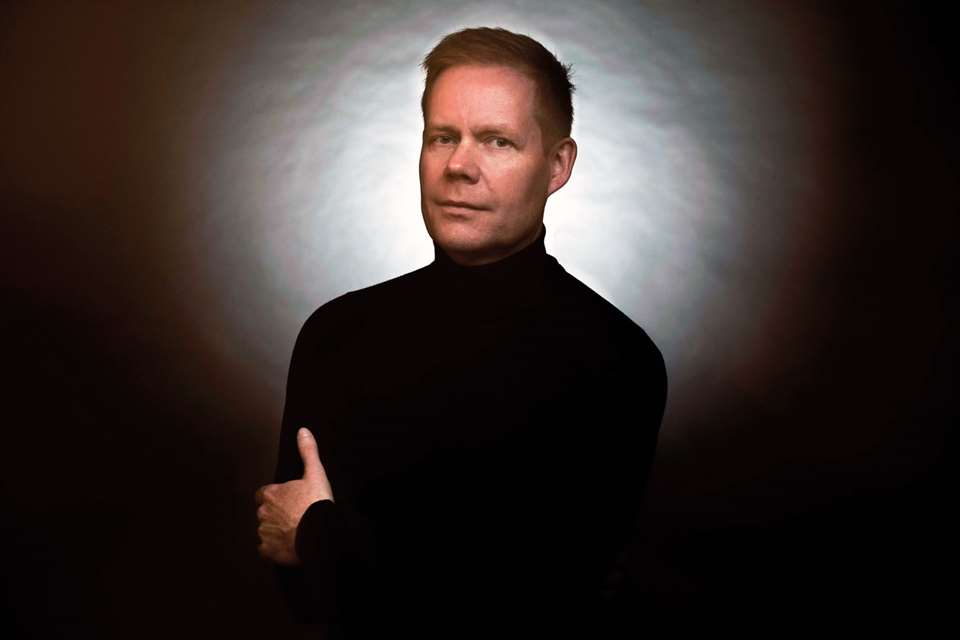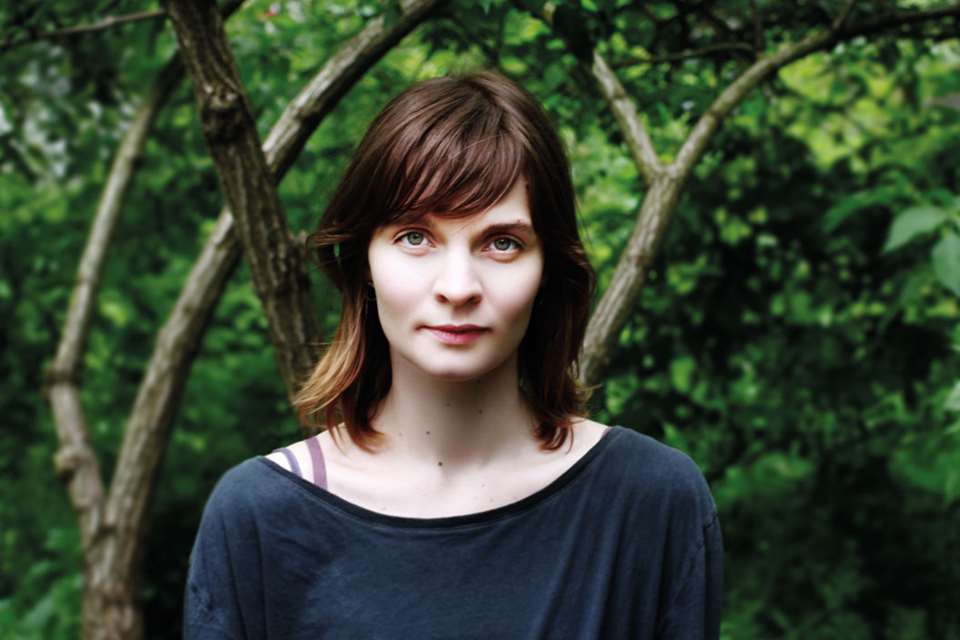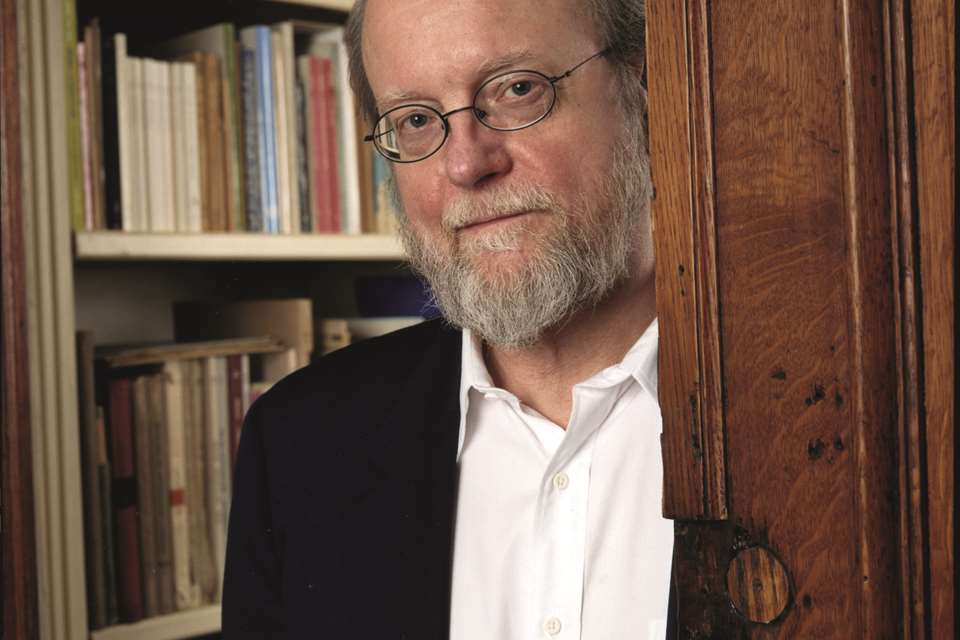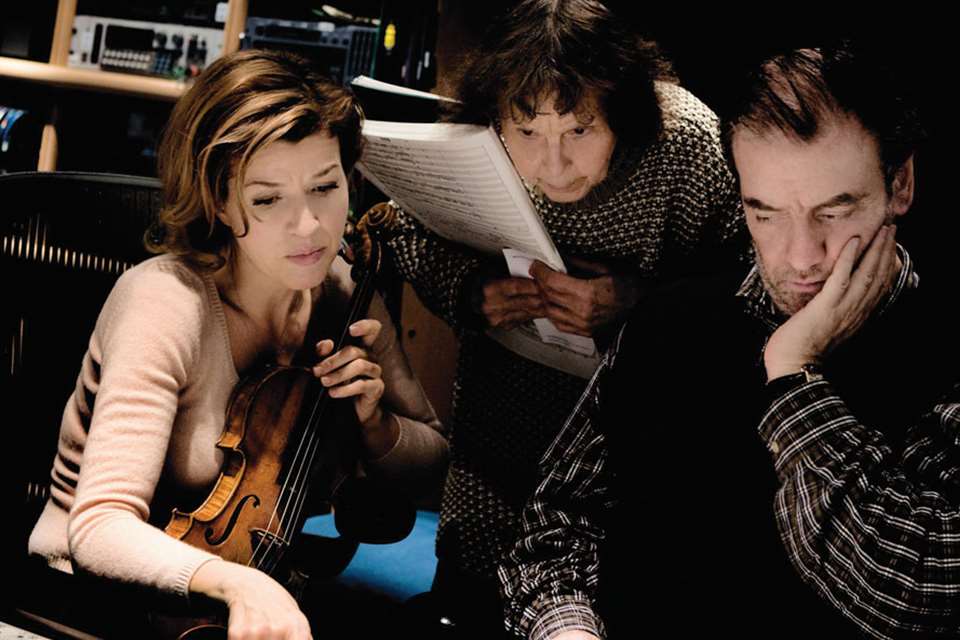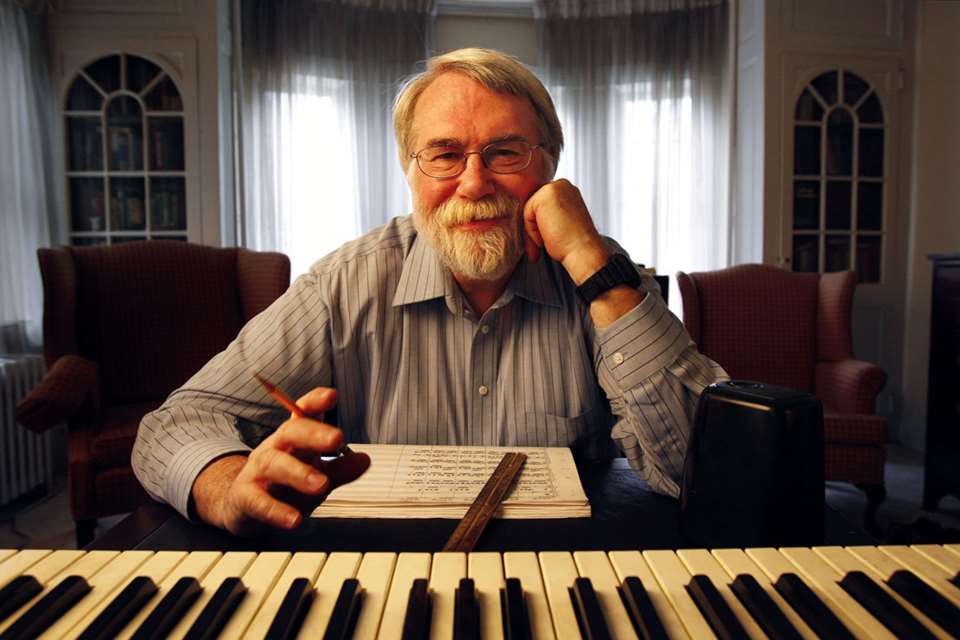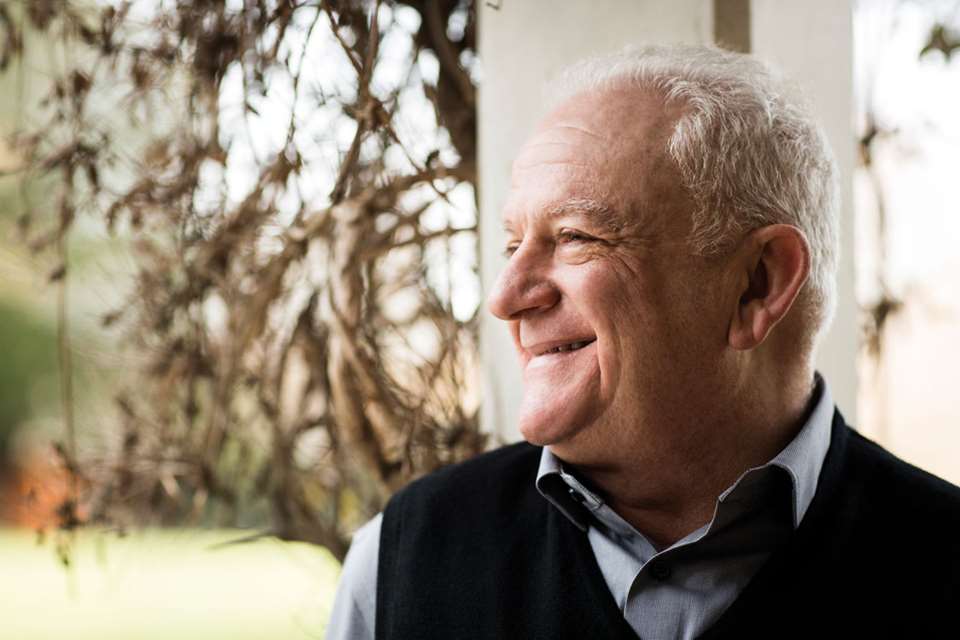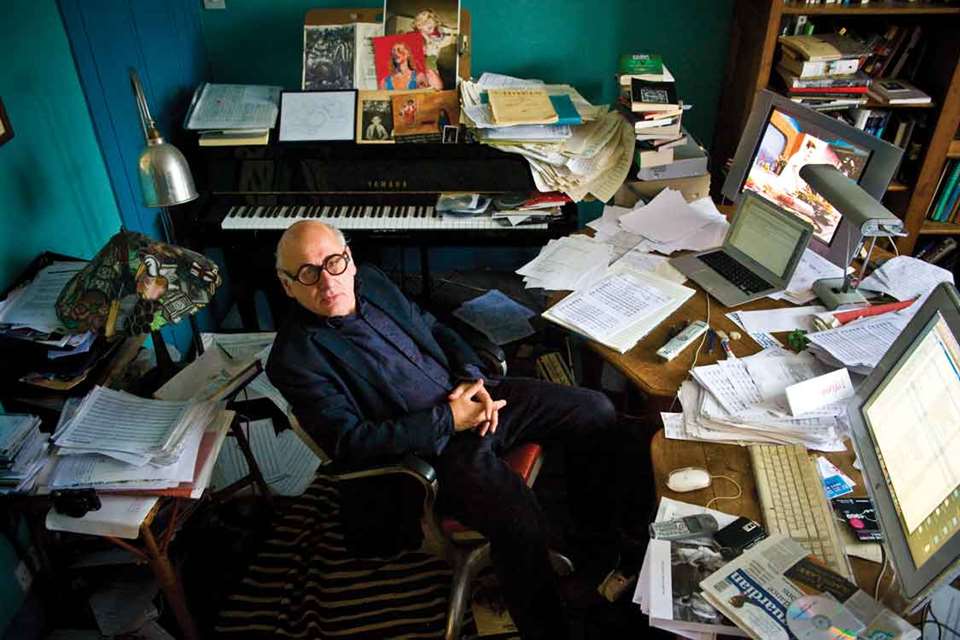Contemporary composer: Dobrinka Tabakova
Hattie Butterworth
Thursday, November 23, 2023
Having fought against pressures inherent in her field, Dobrinka Tabakova has an unwavering reverence for melody and clarity
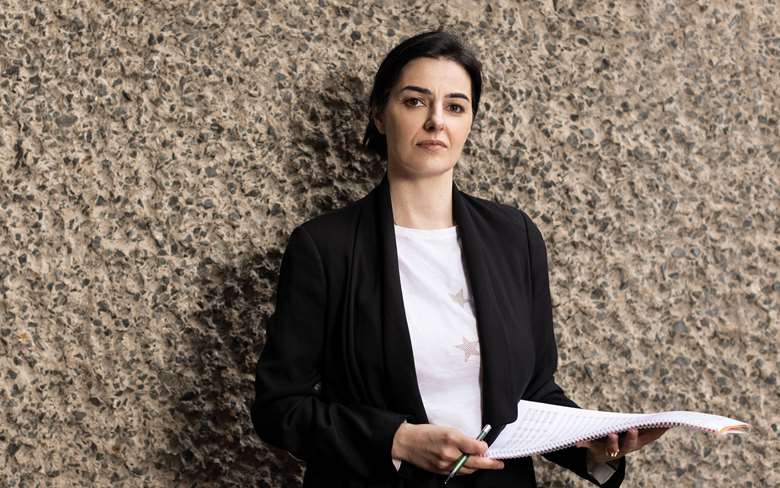
Register now to continue reading
Thanks for exploring the Gramophone website. Sign up for a free account today to enjoy the following benefits:
- Free access to 3 subscriber-only articles per month
- Unlimited access to our news, podcasts and awards pages
- Free weekly email newsletter




